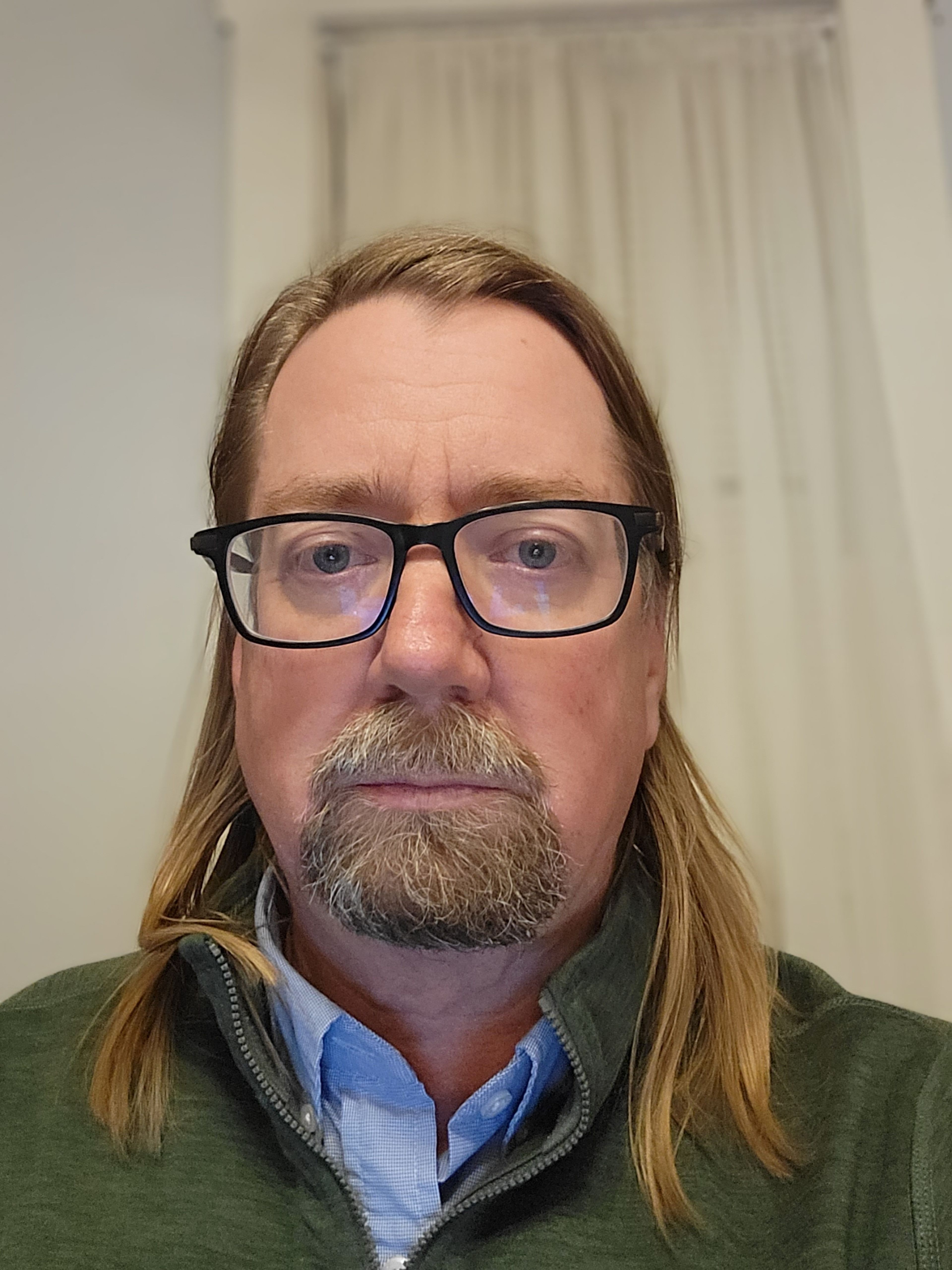Forest collaborative group shifts focus
Clearwater Basin Collaborative plans public meeting with Forest Service officials tonight at Grangeville
The Clearwater Basin Collaborative, now more than 10 years old, is looking to shift its focus slightly and be more interactive with the public.
To that end, the group will partner with officials from the Nez Perce-Clearwater National Forest in a series of informational meetings, beginning tonight in Grangeville, where they will look to shine a light on their most visible success, helping the agency to increase its treatment of overstocked forests and convert them to a more desirable composition of tree species.
But the group is still pushing to reach other goals. Namely, protecting some of the forest’s most pristine areas, rivers and streams under both the Wilderness Act and the National Wild and Scenic Rivers Act, while also helping to stabilize the finances of Idaho and Clearwater counties and getting some wins for motorized recreation enthusiasts.
The collaborative was convened in 2008 by U.S. Sen. Mike Crapo, R-Idaho, who asked its members to pause their individual efforts to influence forest policy to their own benefit and try to reach broad consensus in a number of areas. The idea was, and is, if they could give a little to their opponents, they may themselves get something in return.
The group, known by its acronym CBC, is comprised of representatives from the timber industry, conservation groups, county commissioners, off-road motor vehicle groups and elk advocates. Bill Higgins of the Idaho Forest Group and Brad Smith of the Idaho Conservation League, co-chairmen of the group, said progress has been made in the collective desire to see more active management of the forest, particularly with efforts to treat areas prone to wildfires and insect and disease infestation.
“The history of the CBC is for a number of years we were advocates for change,” Higgins said. “We are trying to figure out how to be effective in this new environment of kind of we’ve gotten what we asked for. I am mostly pleased with the pace and scale of active management on the Nez Perce-Clearwater National Forest.”
While much work remains to treat areas of the forest that are unhealthy or prone to fire, Higgins said Forest Service officials are now on the right trajectory, and the group wants to help them stay on that course.
Smith agreed and said while it may seem counterintuitive for conservationists to count increased logging as a win, the efforts have also included things like aquatic restoration and wildlife habitat improvement.
In addition, Smith said that successes in timber management and restoration can lead to others, such as winning protections for special places and getting the counties that depend on a timber economy on better financial footing.
“How can we give the counties the financial resources and certainty they need to keep their schools and roads open, and also look at the public land and try to protect the special places and special waterways?” Smith said.
Higgins said he is eager to see the conservation groups reach their goals.
“My top priority is to get some conservation wins to sustain the engagement of my collaborative partners within the CBC, for just collaboration in general across the state of Idaho and the Inland Northwest,” he said.
The group also hopes to interact more with the public. While its meetings have always been open to the public, few people have attended. In the future, the group plans to hold quarterly public meetings with Forest Service officials to discuss the agency’s program of timber management and restoration. The meetings will rotate between the south, middle and north zones of the Clearwater Nez-Perce Forest.
The first will be from 5:30 to 7 tonight at the Forest Service office in Grangeville, 104 Airport Road. The meeting will look at current projects and those in the planning stage for the Red River and Salmon River ranger districts, and include presentations by Forest Service and CBC officials. There will also be time for questions and answers.
Higgins hopes the group can build more public support for the agency’s work and also learn if there are other things people would like the agency to pursue.
Meetings will be held at Kamiah in January, Orofino in April and again in Grangeville in July.
———
Barker may be contacted at ebarker@lmtribune.com or at (208) 848-2273. Follow him on Twitter @ezebarker.









